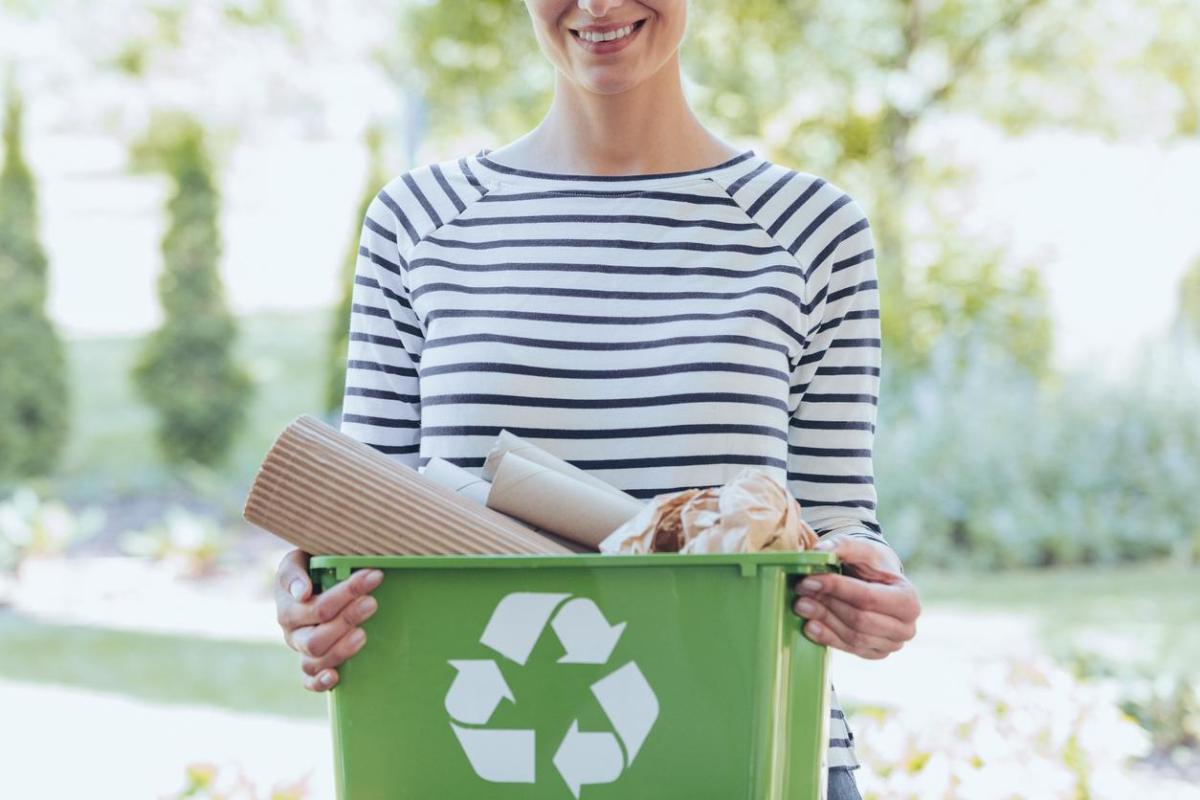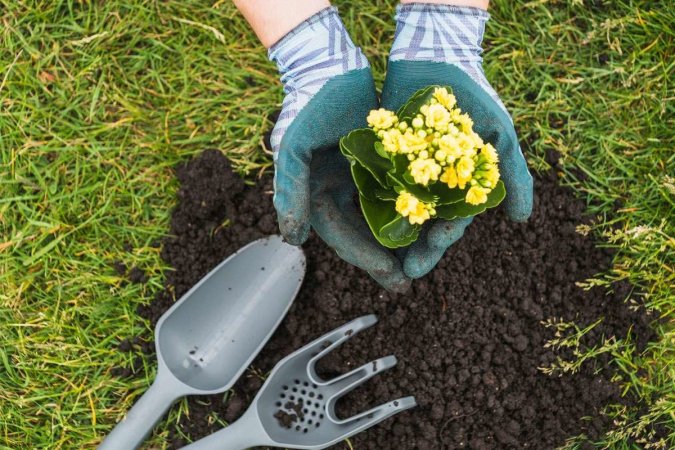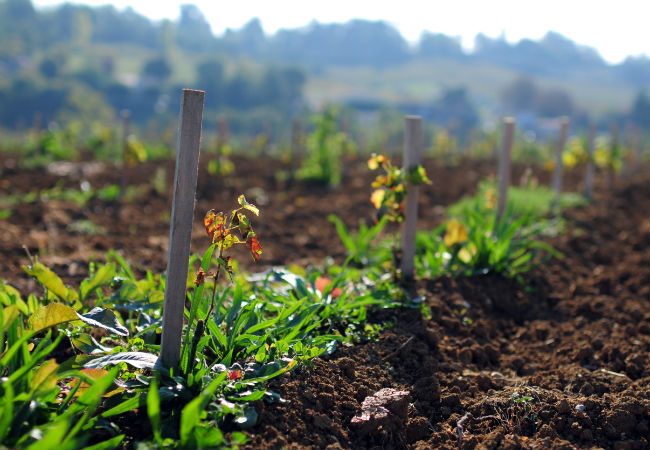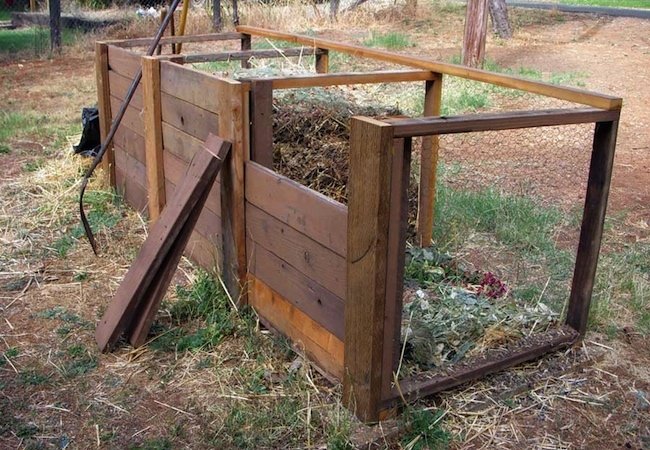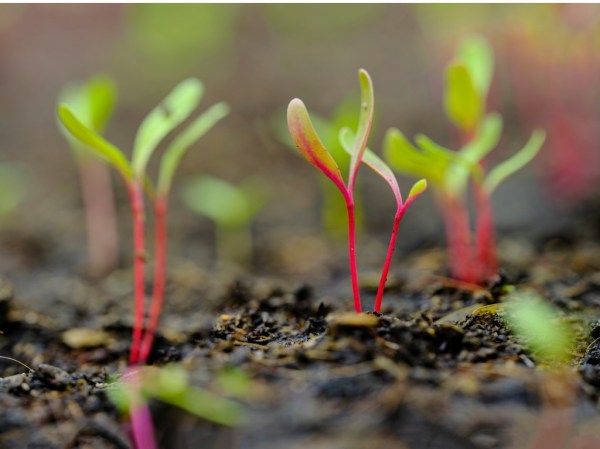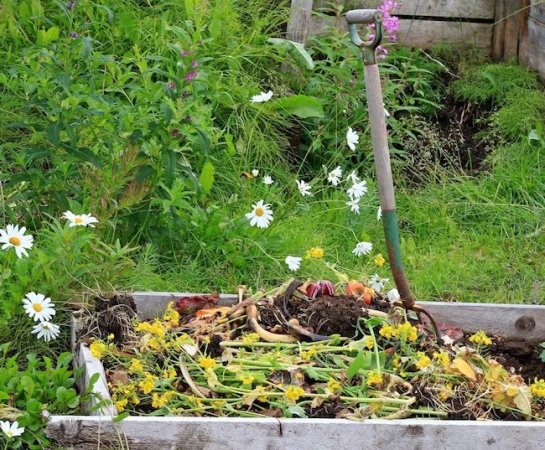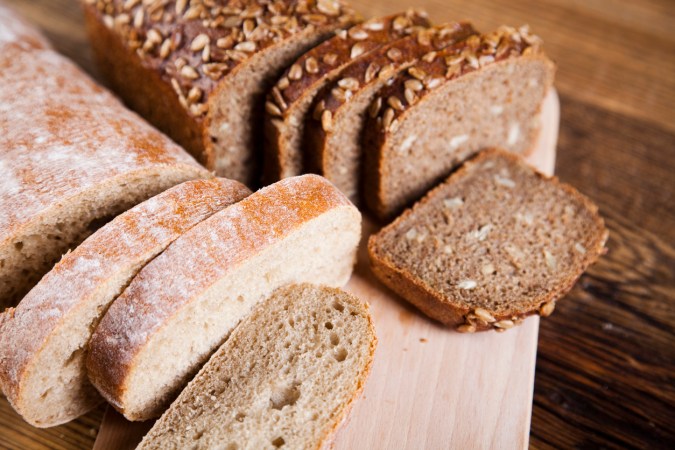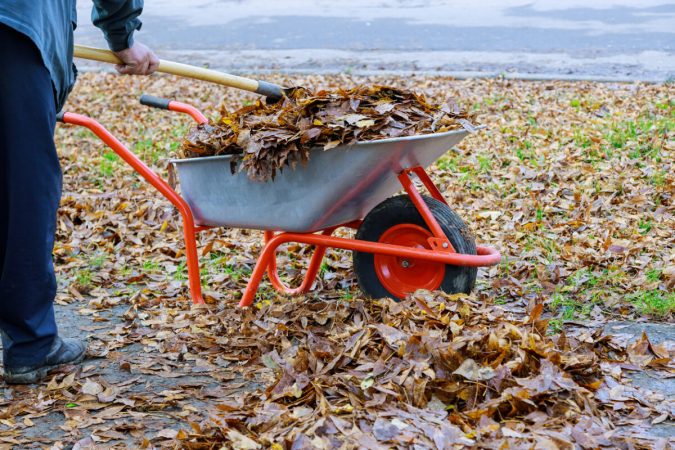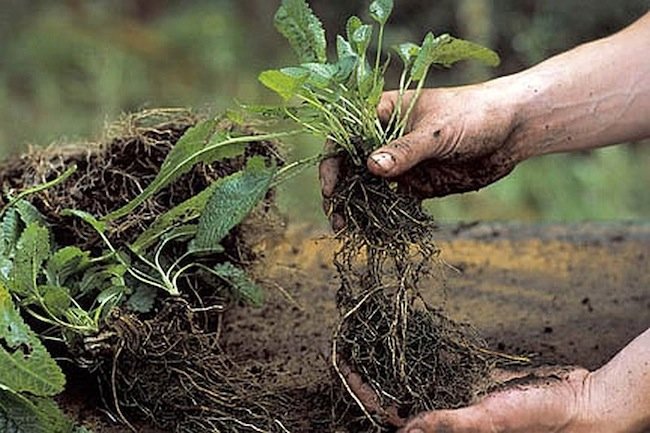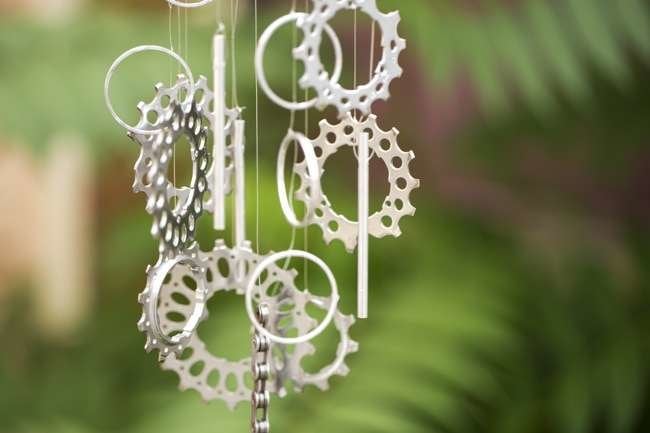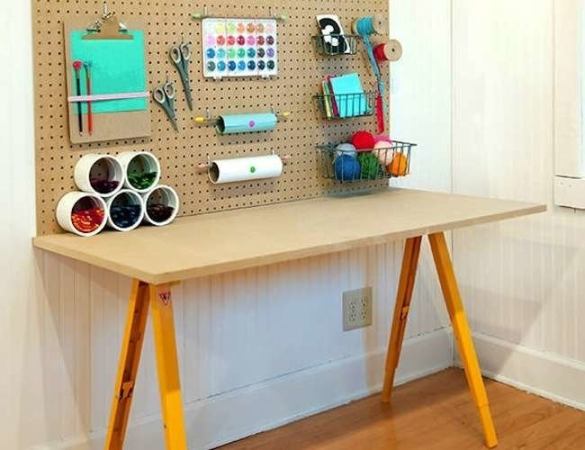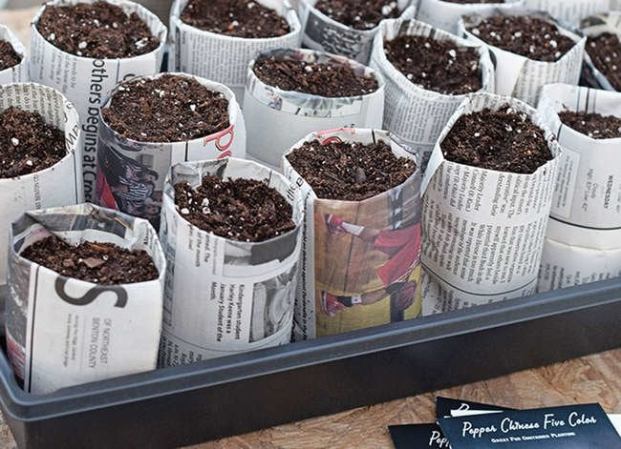We may earn revenue from the products available on this page and participate in affiliate programs. Learn More ›
Labels are confusing. Consider, for example, organic, non-GMO, and cage free. They all have one thing in common—they appeal to the environmentally conscious consumer. We buy items packaged with these labels because it makes us feel good, like we’re doing our part to take care of Mother Nature. But if we don’t understand their meanings, it’s difficult to gauge the impact of our choices when it comes to the goods we purchase. For example, biodegradable and compostable are trigger words often used interchangeably. Their meanings are quite different. Ahead, we analyzed the labels—biodegradable vs. compostable—to help you determine what you should and shouldn’t use in your home composting operation.
Biodegradable does not mean compostable.
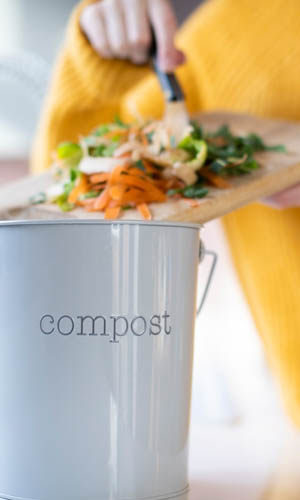
Though all compostable materials are biodegradable, the opposite is not true. Substances like fruits, vegetables, leaves, and untreated wood that decompose naturally through microorganisms like fungi and bacteria are considered biodegradable. However, those products that are labeled compostable must undergo a human-controlled biodegradation that occurs when closely controlling heat, moisture, and air circulation speeds up the decomposition process. Natural decomposition rates vary, occurring faster in apple cores and autumn leaves compared to carrots and pinecones. The result is a refined soil amendment called humus that adds valuable nutrients to plants and landscapes.
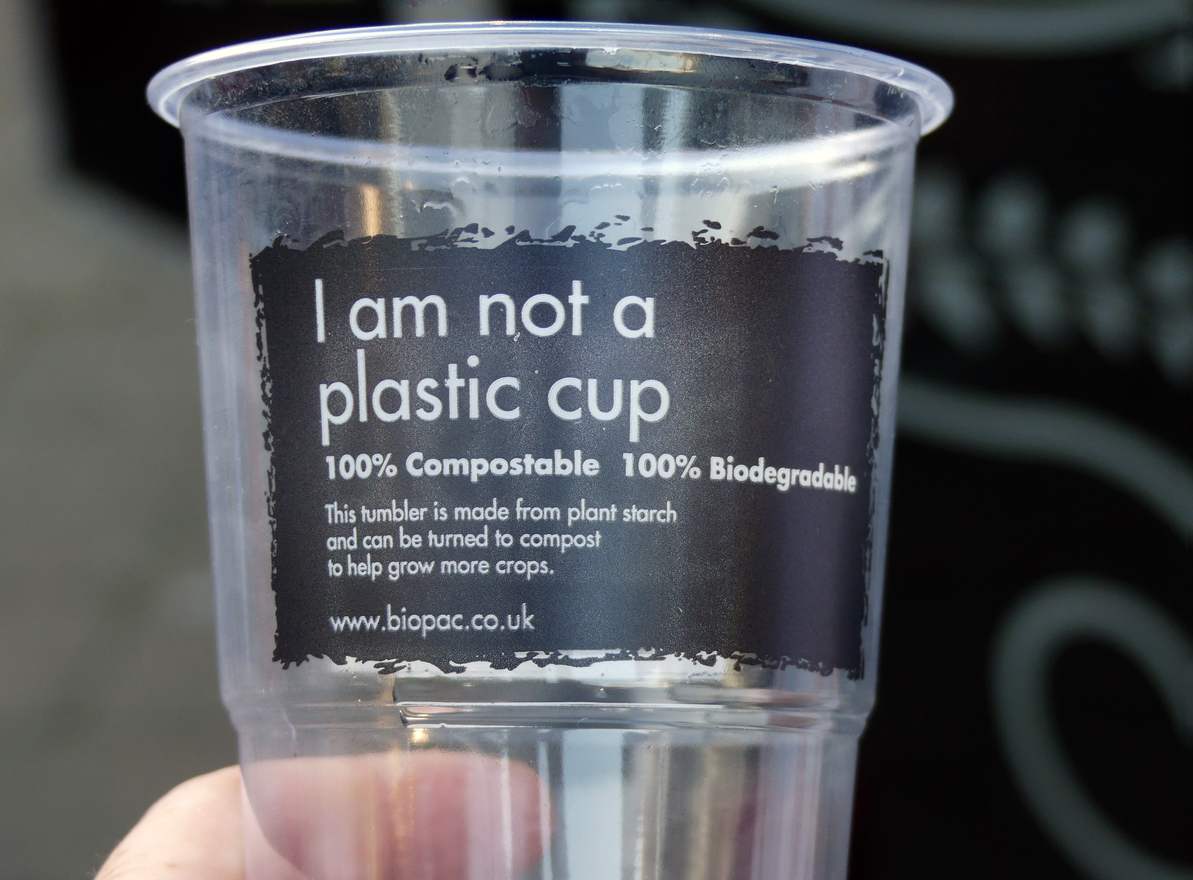
Most biodegradable plastic will not decompose in the backyard compost.
Plastic manufacturers are labeling their products as biodegradable or compostable, and in a highly controlled industrial composting operation, this is true. The key point to remember is that most materials, including plastic, biodegrade eventually; some just take a lot longer than others. Most of these plastics require use of a controlled composting facility to “cook” them. Many plastics, whether labeled biodegradable or not, end up in landfills where they’re covered by other refuse, which deprives them of the air and ultraviolet light necessary for biodegradation to occur. Unfortunately, turning a biodegradable plastic container or bag into compost is unlikely to happen in the average home composter’s lifetime. Home composters can buy bags labeled home compostable, but they’re generally more expensive and there’s no guarantee that your compost pile will maintain the right balance of heat, moisture, and air circulation to break them down.
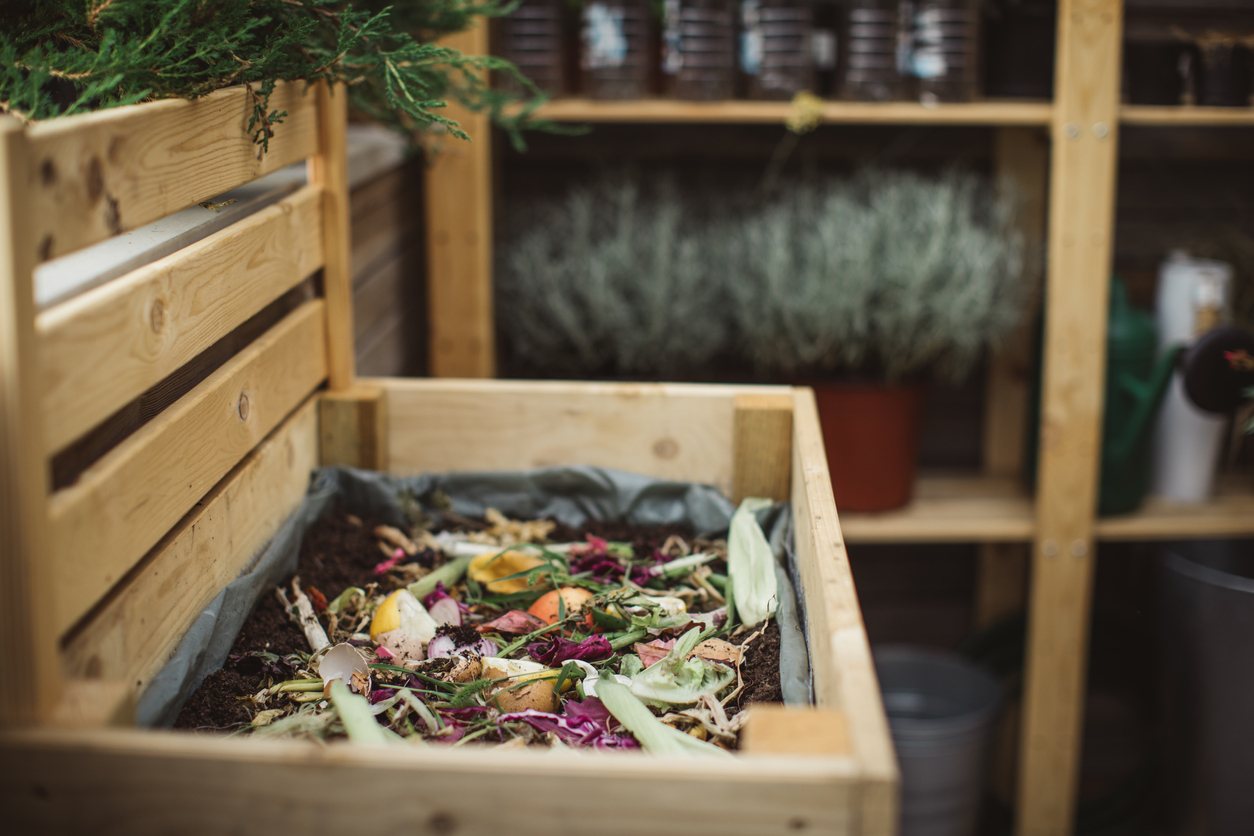
Highly biodegradable materials are best for the home compost pile.
The recipe for compost requires a 2:1 ratio of brown-to-green ingredients, but even the most unconscientious composter can make compost with highly biodegradable materials. Browns are the carbon sources that provide microbes with energy to process the raw material. Cardboard egg cartons, toilet paper tubes, and dry autumn leaves are brown ingredients. Green ingredients include items like grass clippings, coffee grounds, and banana peels. They are the nitrogen sources that give microbes the protein they need to do their job. All these ingredients biodegrade quickly in a backyard compost bin or pile. Whether you’re the lazy composter who adds ingredients without paying much attention to the ratio, or one who strives to balance the pile to produce compost as quickly as possible, both methods work. The diligent backyard composter will just make humus faster.
The FTC regulates the terms biodegradable and compostable, but consumers often misunderstand their meanings.
The Federal Trade Commission (FTC) regulates environmental product marketing claims and oversees whether products labeled compostable or biodegradable mislead consumers. According to FTC guidelines, compostable means the product or packaging will break down at about the same rate as the other materials in the compost pile. Marketers also must disclose if the product is safe for home composting. For a product to be labeled biodegradable, it must be able to degrade in the environment in which it is commonly disposed and break down completely into elements found in nature in a short time. For example, a trash bag labeled biodegradable might break down completely in lab tests where it’s buried in soil with good air and water circulation. In the real world, however, bags of trash lay piled in landfills in conditions unlike those in the tests, therefore the claim is misleading.
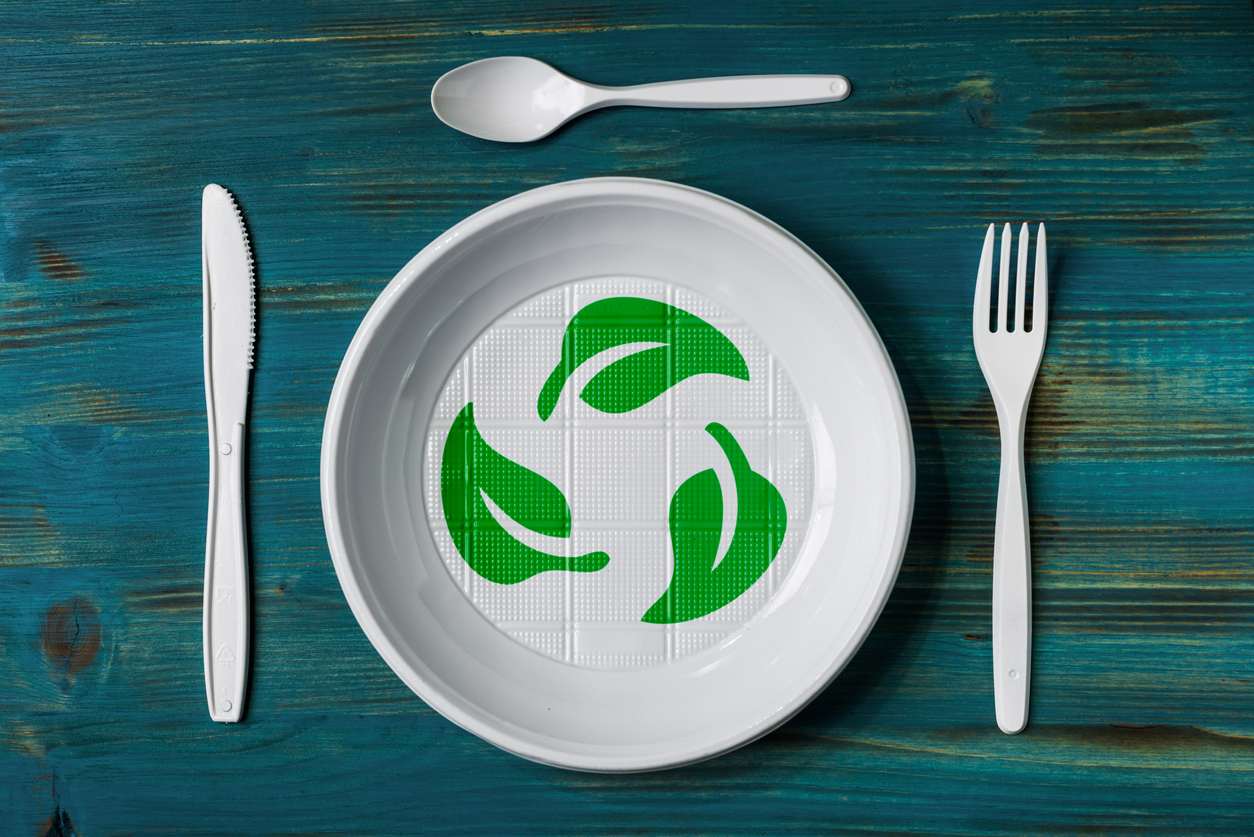
Labeling common utensils as compostable: it’s complicated.
Plant-based forks, cups, straws, and plates are becoming more commonplace as consumers focus on reducing their carbon footprints. These types of products, also called bioplastics, are made of plant starches from crops like wheat, corn, and beets. Unless an item is labeled specifically for home composting, assume it’s only compostable in an industrial composting facility. Unfortunately, many garbage disposal companies are not equipped to handle the special treatment these products require, so it’s best not to add them to your recyclables container. Call your local government or a restaurant that uses compostable utensils to find out where you can take these items for proper composting.
